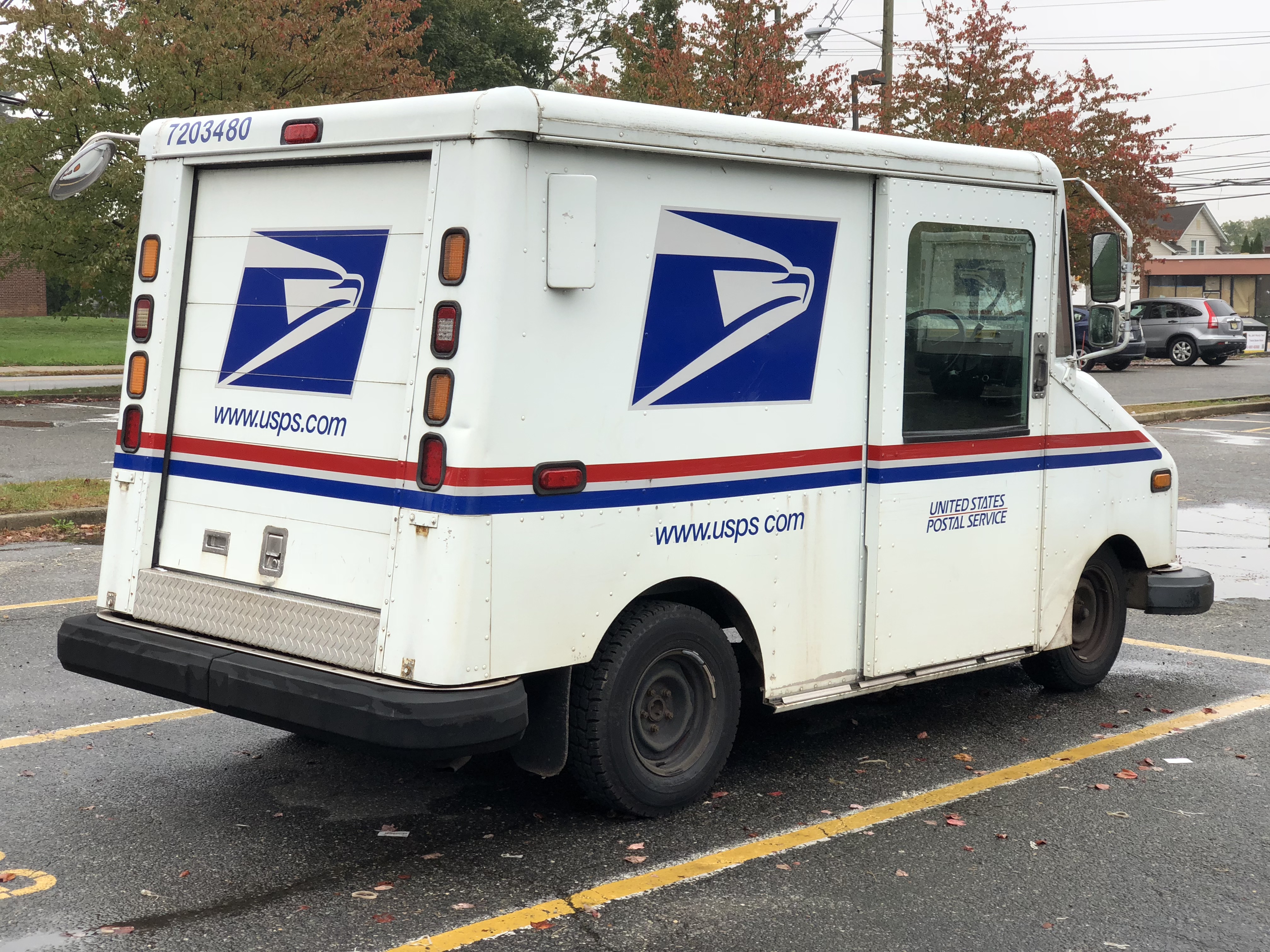
The Freedom From Religion Foundation is asking the U.S. Supreme Court in an amicus brief not to grant employees religious privileges that harm co-workers, customers and other parties.
Gerald Groff was employed as a part-time rural carrier in Pennsylvania, hired to fill in for career mail carriers on their days off. As an evangelical Christian who believes that Sundays are “meant for worship and rest,” Groff asked to never be scheduled to work on Sundays. After Sunday deliveries became commonplace due to the Postal Service’s contracts with Amazon, the Postal Service initially accommodated Groff’s request. This became increasingly difficult at a small station with few employees, and his continued refusal to show up for his Sunday shifts contributed to one employee transferring, one quitting and one filing a union grievance. The Postal Service ultimately determined that continuing to accommodate Groff by reallocating his Sunday shifts was causing undue hardship.
Lower courts have ruled in favor of the Postal Service because Groff’s chosen accommodation placed an undue hardship on it. In an amicus brief filed today, the state/church watchdog asks the Supreme Court to affirm the 3rd U.S. Circuit Court of Appeals’ judgment.
“Religious employees do not have the legal right to dictate that an employer must impose disruptive conditions on co-workers,” states the brief. “It is improper under Title VII for religious employees to claim a right to interfere with the lives and working conditions of their co-workers because they claim to have religious obligations.”
Under the religious accommodation framework of Title VII, employers may establish an undue hardship by showing a negative impact on co-workers or other persons, FFRF explains. Changes to the work schedules of co-workers, their job duties and their conditions of employment may constitute substantial disruptions. Groff’s attempt to bring in the American with Disabilities Act does not pass muster. And Title VII does not mandate that employers spend money and disrupt other employees by testing religious accommodations that are doomed to fail the undue hardship test. The Supreme Court must be steadfast in holding that employers do not have to first implement harmful proposed religious accommodations in order to meet the undue hardship test.
FFRF uses several arguments to support its perspective.
First, employers may establish undue hardship by showing a negative impact on co-workers and other persons. Courts have denied Title VII religious discrimination cases when the employee seeks an accommodation that would harass or cause distress to customers, co-workers or subordinates.
Second, FFRF argues that Groff’s attempt to invoke the framework of the Americans with Disabilities Act as a model for Title VII is not convincing. The Americans with Disabilities Act requires that the employee requesting accommodation must be qualified to perform the essential functions of the position, with or without a reasonable accommodation. This is not the case in Groff’s situation.
And, last but not the least, FFRF asserts that employers must consider the hardships of a proposed religious accommodation prior to implementation. Title VII does not mandate that employers spend money and disrupt the workplace to rigorously test religious accommodations that are doomed to fail the undue hardship test.
Groff’s proposed religious accommodation framework will lead to significantly more and contrived religious accommodation claims, FFRF points out, since it would force every employer to first implement an employee’s requested religious accommodation and then have it prove unduly burdensome in order to satisfy obligations under Title VII. “Employers should be able to satisfy their undue hardship obligation by demonstrating that the accommodation is likely to: increase costs, decrease revenue, disrupt the work environment, create a danger to employee health and safety, increase employee turnover and dissatisfaction, increase liability related to discrimination claims by other employees, or otherwise prove unworkable,” states the brief.
That’s why FFRF is asking the U.S. Supreme Court to affirm the court of appeals’ judgment.
FFRF Attorney Elizabeth Cavell is the Counsel of Record for the case.
The Freedom From Religion Foundation, a state/church watchdog with nearly 40,000 members, is the largest national association of freethinkers, representing atheists, agnostics, and others who form their opinions about religion based on reason, rather than faith, tradition or authority. FFRF’s interest in this case arises from its position that expansive religious exemptions from workplace rules will harm the nonreligious as well as many other Americans, by setting up a two-tiered system that rewards some workers and penalizes others.